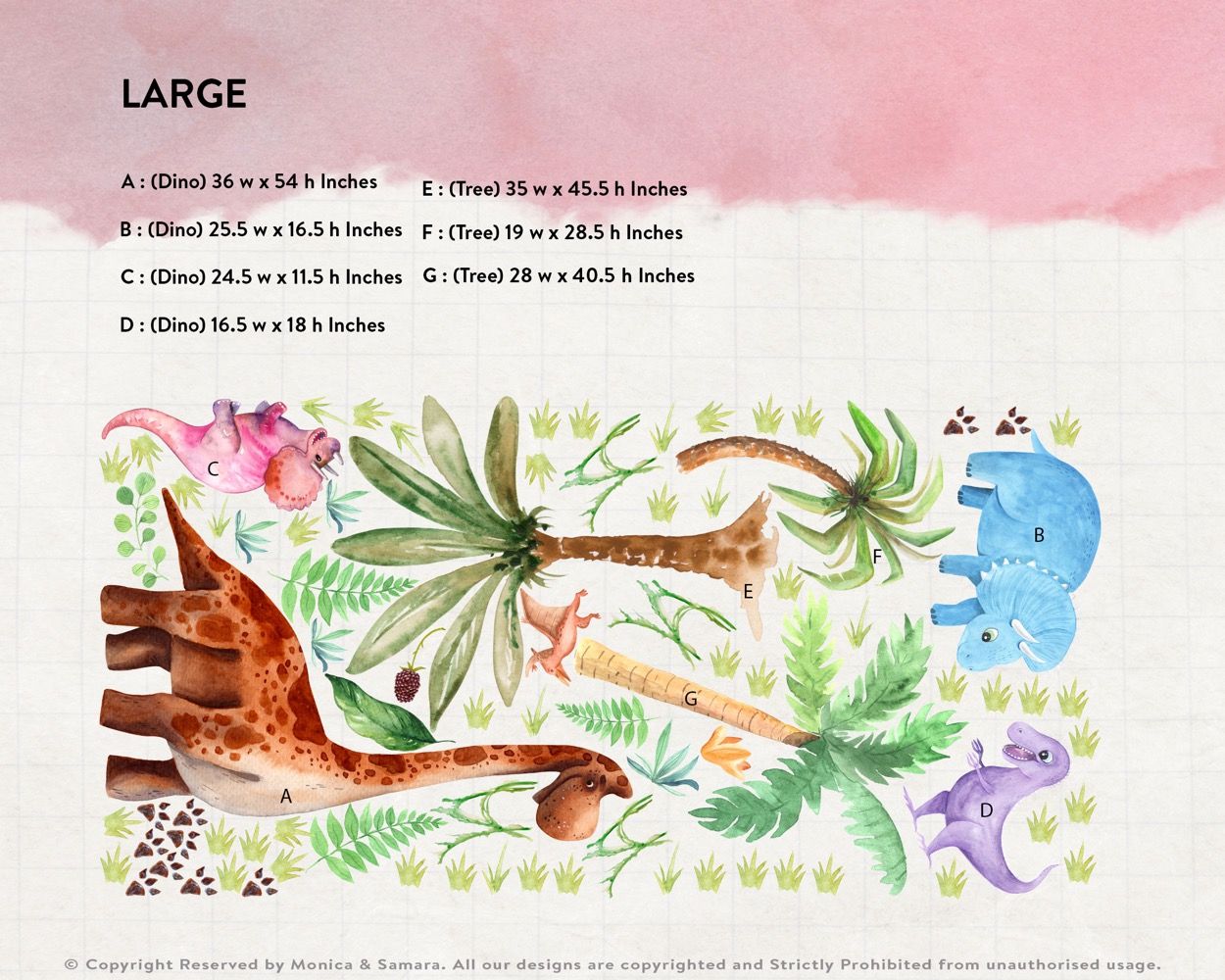
Dinosaur Wallpaper for Toddler Nursery Yellow Removable, Cute Dinosaur Wall Mural Adhesive, Jurassic World Map Playroom, Adhesive Non-woven - Etsy

Cartoon Removable Vinyl Wall Stickers for Kids Rooms Personalised Dinosaur Giant Wall Art Children Sticker Murals Decals - AliExpress

Amazon.com: Dinosaur Wall Decals for Kids Room, Glow in The Dark Wall Stickers, Large Removable Dino Decor for Boys Room, Classroom - Birthday Christmas Gift for Girls and Boys, Toddler Room Decor

Dinosaur Wall Stickers for Kids Room, Children wall stickers, Dino Jurassic ParkWall sticker, Kids Room Sticker, Wall Decal, Home Decoration

















